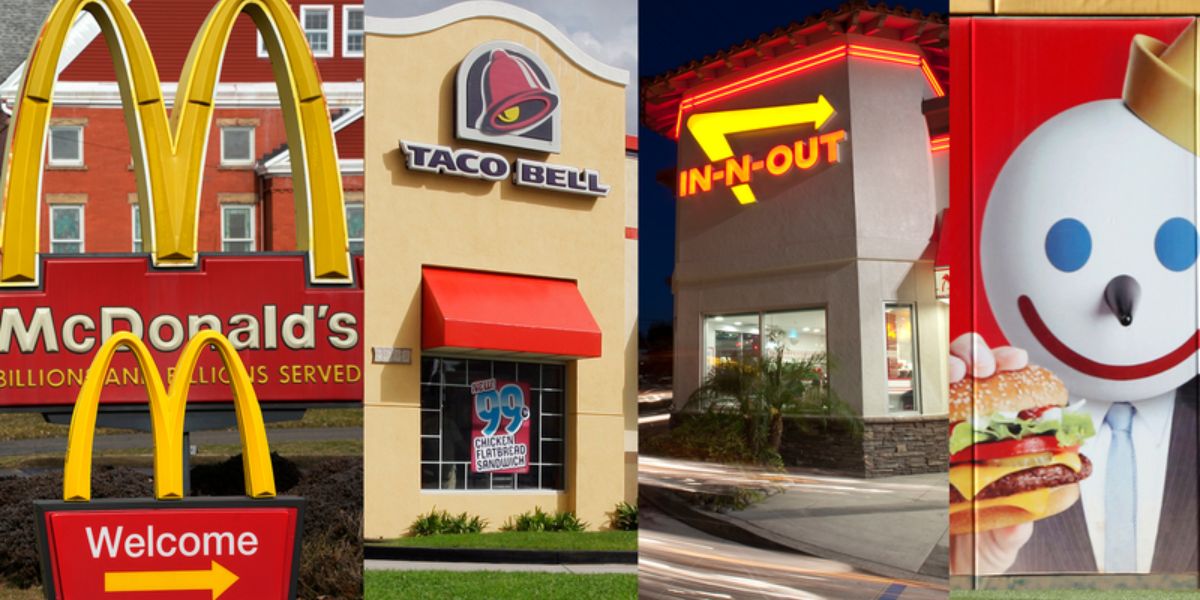The elimination of the grocery tax in Illinois is forcing municipal leaders across the state to consider a new local tax or be out millions of dollars. A 1% tax on groceries in Illinois was eliminated by the General Assembly and Gov. JB Pritzker as part of the fiscal year 2025 budget. The tax collected about $350 million from Illinois grocery shoppers and redistributed the money back to communities.
Places like Rockford get as much as $8 million a year from the state’s grocery tax, which is set to go away in January 2026. “That’s 80 police officers or 80 firefighters or about 100 public works employees,” said Rockford Mayor Tom McNamara. “That’s a boatload of money.”
As state officials eliminated the tax, it empowered cities to re-implement it without a voters’ referendum — replacing a state tax with a local tax — either a grocery tax or a general sales tax. However, several municipal leaders say they will wait and see what happens since the state’s grocery tax isn’t going away until 2026. There is a chance the state law could change again.

Tax Pays for Police, Fire, Public Works
Loves Park Mayor Greg Jury called the $600,000 a year his city gets from the state’s grocery tax “a significant source of funding” for the city. Loves Park has no property tax or fire district tax, making it more dependent on the state’s grocery tax to pay for the city’s police and fire departments. “It doesn’t go into effect until January of 2026. So it’s obviously a concern, but we’ll just see,” Jury said. “You know how things are in the state. Things change back and forth.”
In Freeport, the state grocery tax sends $800,000 to the city’s coffers. Freeport City Manager Rob Boyer said the money is used “for everything from law enforcement to street maintenance.”
Puts Decision in Local Hands
Belvidere Mayor Clint Morris likened the state’s removal of the grocery tax to a shell game. State Sen. Andrew Chesney, R-Freeport, called it a sham. “It allows the state to claim they are doing something for the taxpayers when in fact they are passing a shortfall to the municipalities,” Morris said.
The grocery tax generates about $1 million or about 4% of Belvidere’s $24 million general fund budget — money that will have to come from somewhere or cuts will have to be made. “The governor cut nothing,” Chesney said, adding that the grocery tax removal likely will result in a tax increase. The law allows cities to implement a grocery tax or levy up to an additional 1% general sales tax without a referendum.
ALSO READ:
- Temporary Intersection Closure in Rockford’s Southeast Side After Crash
- Annual Surge: 4th of July Barbecue Prices Increase for Fourth Consecutive Year
Still, State Sen. Steve Stadelman, D-Loves Park, said eliminating the tax was the right thing to do for working families. “Fundamentally, I don’t believe government should be taxing groceries,” Stadelman said. “They should not be taxing food. It’s a fundamental need and that should not be, in my opinion, subject to a government tax.”




